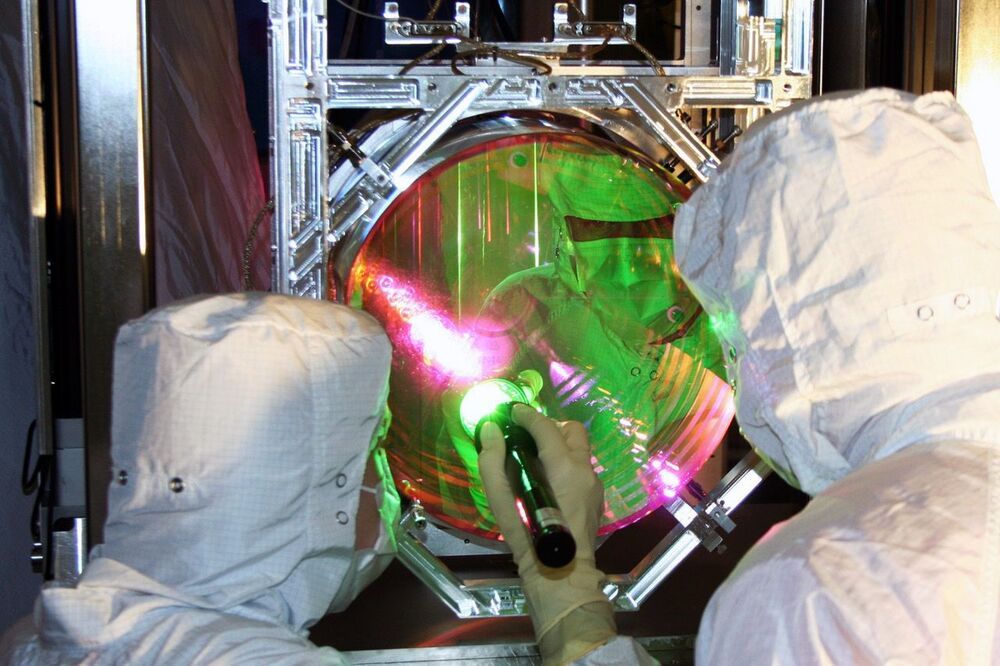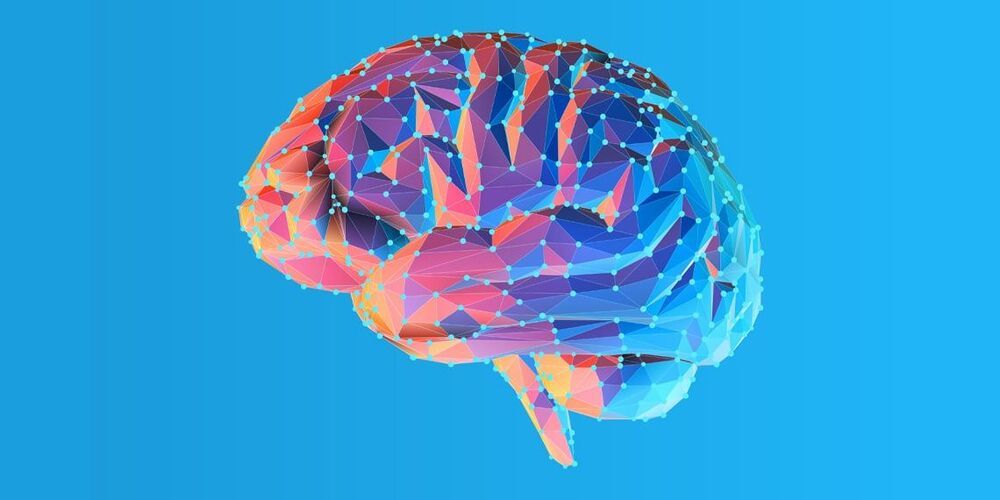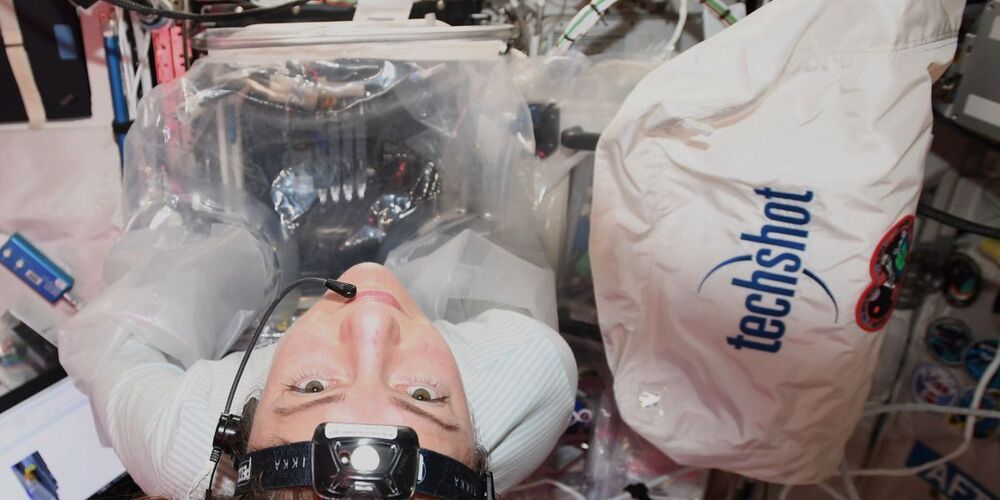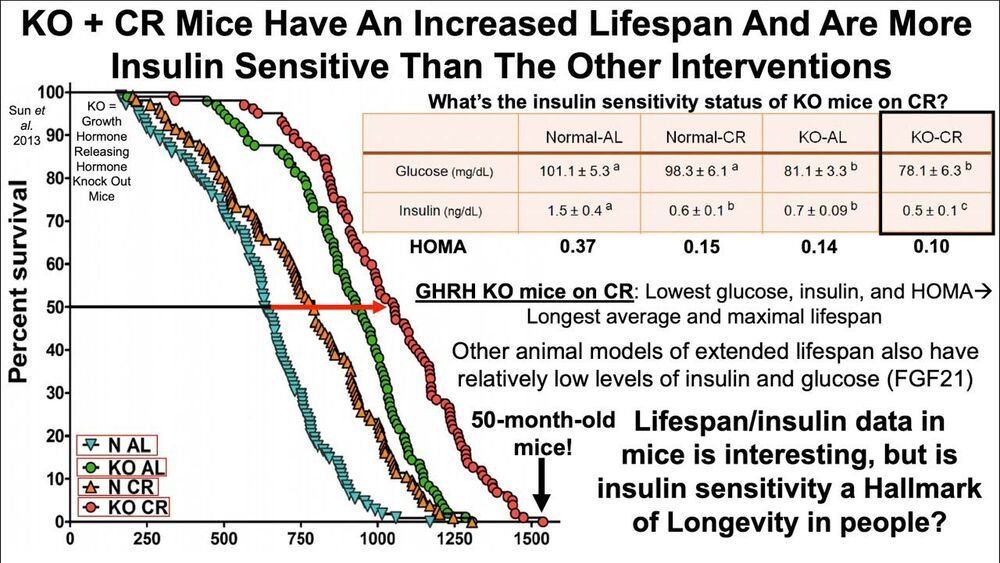Jun 21, 2021
How vaccines stack up against CDC’s 5 variants of concern
Posted by Jason Blain in category: biotech/medical
In case you need the information.
The CDC designated the delta variant of the coronavirus — first identified in India — as a “variant of concern” June 15, reigniting attention on the race between vaccines and coronavirus variants.
The new classification comes amid mounting evidence that the variant spreads more easily than existing strains and causes more severe infections, the CDC said in a June 15 statement to Becker’s. People infected by the delta variant may have twice the risk of hospitalization of people infected with the alpha variant first identified in the U.K., according to research released this week from Scotland. In May, the U.K.’s Scientific Advisory Group for Emergencies also said the delta variant could be up to 50 percent more transmissible than alpha, which is currently the dominant strain in the U.S., though research is still preliminary.
Continue reading “How vaccines stack up against CDC’s 5 variants of concern” »


















